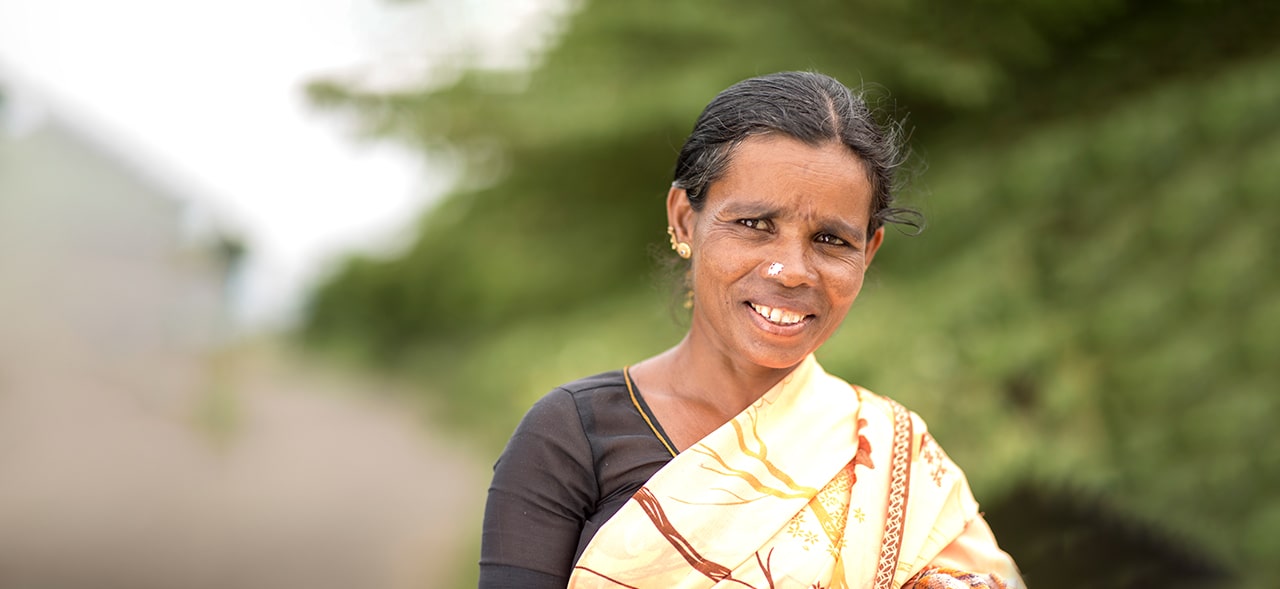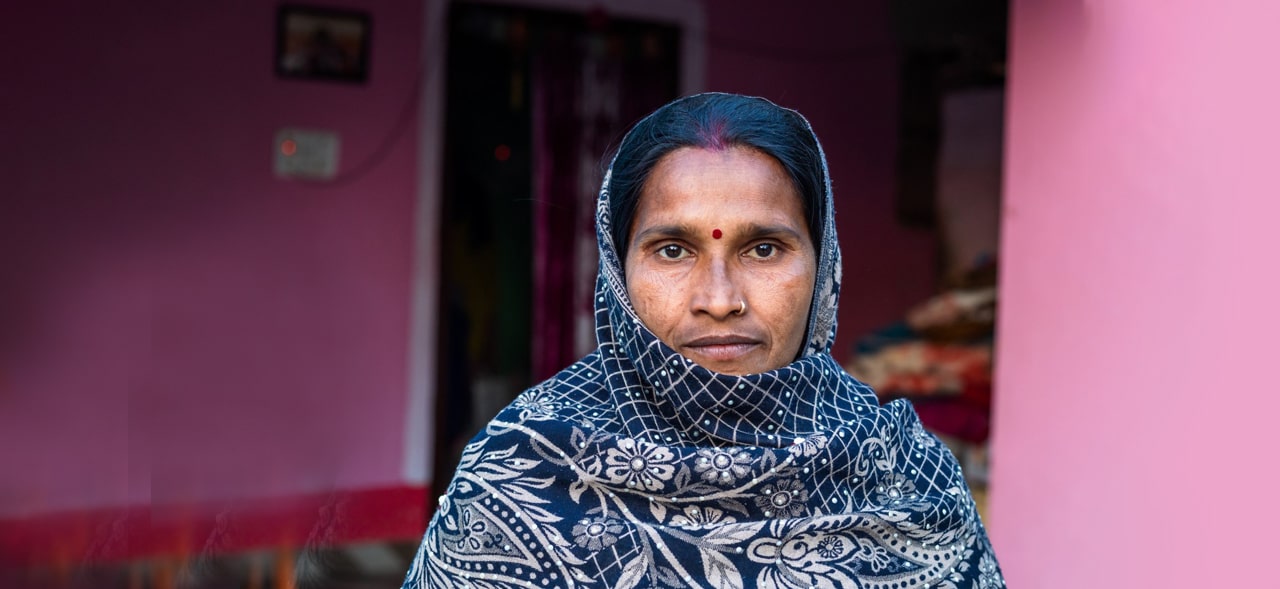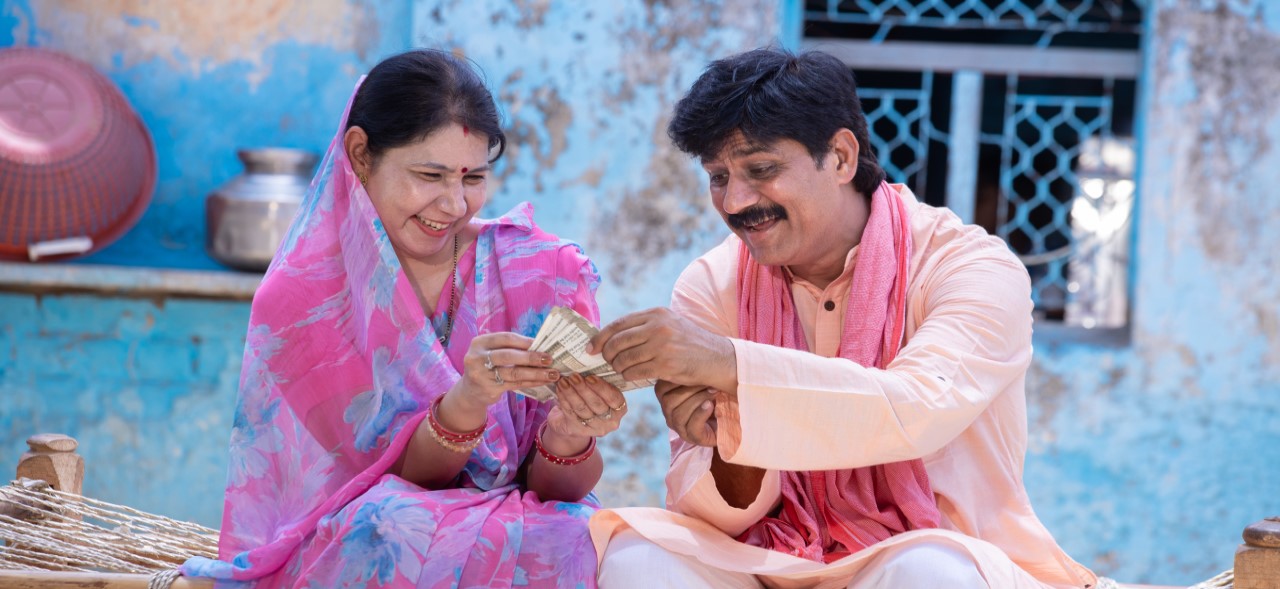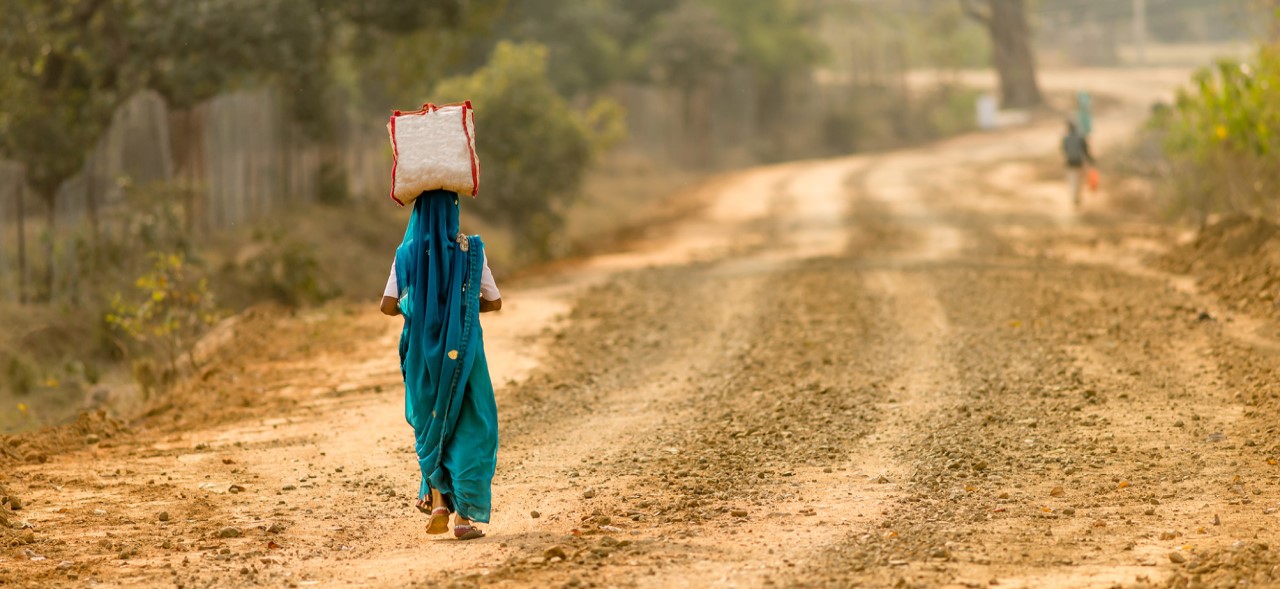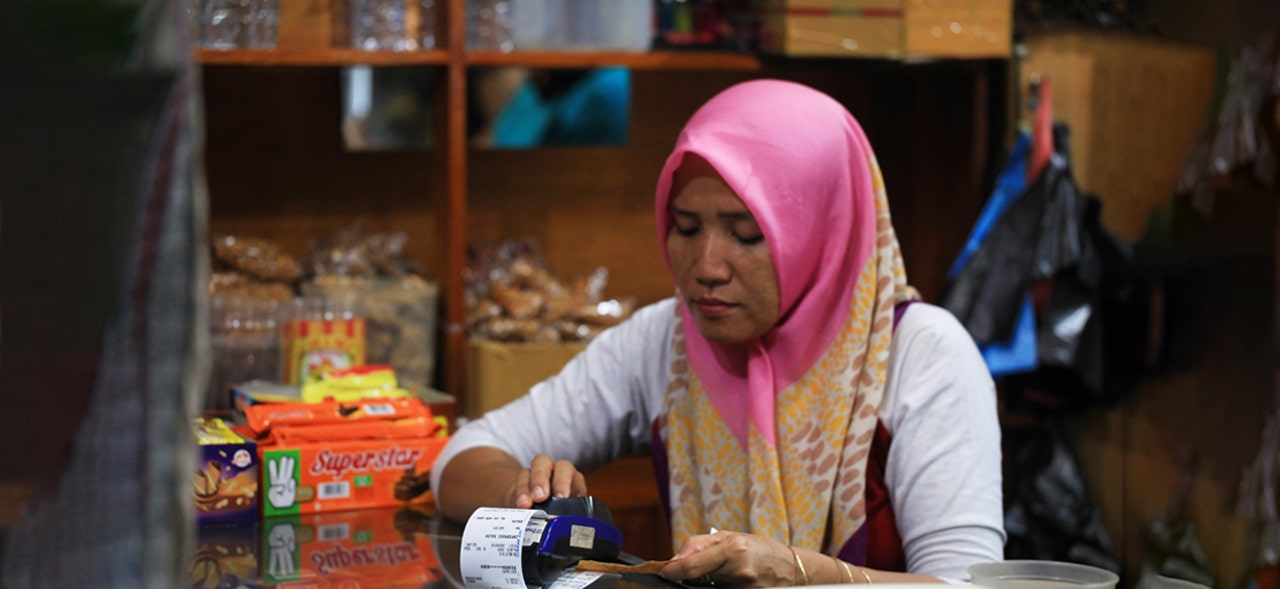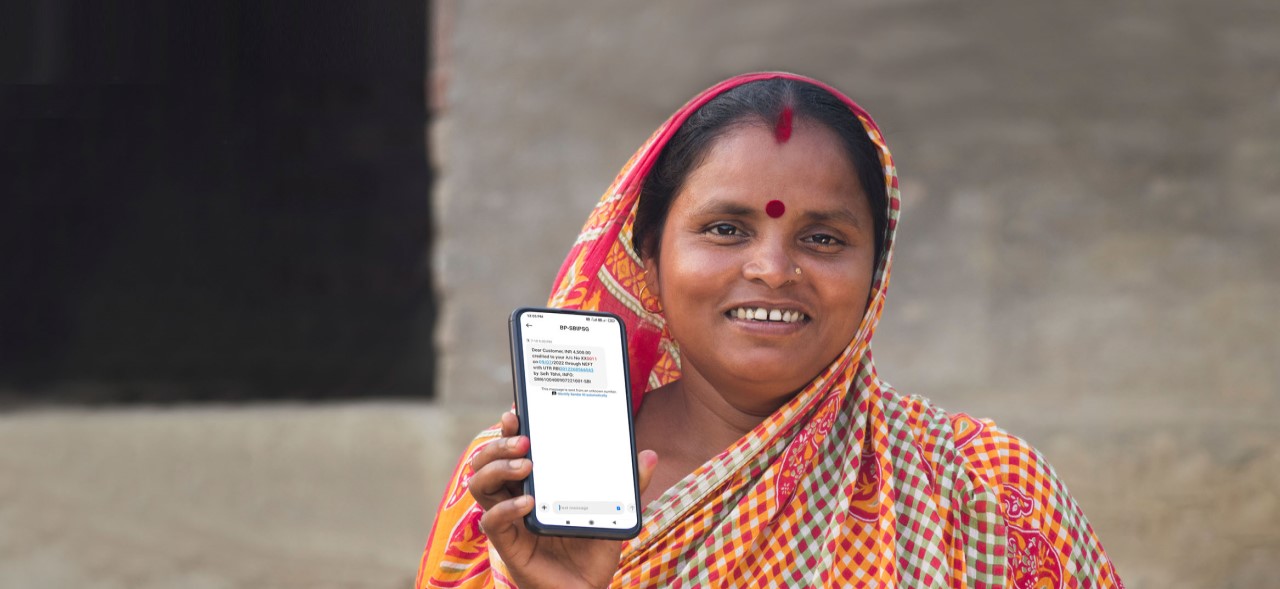The presentation showcases evidence from Asia and Africa on G2P’s role in enhancing women’s economic empowerment. We found that G2P programs have an overwhelmingly positive impact on households and on women’s agency in these families. Although pervasive, social norms vary across geographies and have a strong hold on G2P delivery. Besides digital and financial access, the availability and use of gender-disaggregated data and global study on social norms is the need of the hour.
Blog
DBT diagnostic study: Female beneficiaries’ experience of receiving DBT
The presentation reveals evidence from India on female beneficiaries’ experience of receiving G2P (DBT) in India. An overwhelming majority of women reported that G2P programs benefited both them and their households. Yet a few women struggled to move outside their homes independently and lacked agency over the G2P payment, which hurt their perception of G2P transfers. Meanwhile, a small percentage thought that the cost to avail of the program benefits was higher than the benefit itself.
How do norms around control impact women’s access to DBT?
A third of female beneficiaries lack control over their household spending.
- Most beneficiaries hand over the DBT funds to their spouse or families
- More than 20% report that someone they know has faced physical or sexual abuse if they do not hand over funds
- In many cases, beneficiaries are coerced or threatened into handing over funds
Watch the video to understand how social norms limit women’s agency over G2P funds.
How does a women’s low spatial mobility impact her access to DBT?
India’s G2P program-DBT’s implementation does not account for the fear of sexual harassment women feel when they step out of their homes to collect the disbursements. Nor does DBT take into account other restrictive social norms prevalent in society that discourage women from stepping out.
Watch the video to learn more.
Highlights of the webinar on “Investing in the agents of change”
- 01:37 – 04:31: Anup Singh, Partner, MSC: Welcome note and opening remarks—The importance of CICO agents for financial inclusion
- 4:45 – 10:23: Seth Garz, Senior Program Officer, BMGF: Keynote Speech—The importance of credit for sustainable CICO networks and the role of investors and donors in promoting access to credit for agents
- 10:45 – 23:35: Raunak Kapoor, Senior Manager, MSC: Introduction to MSC’s research on lending to CICO agents across nine diverse low-and middle-income countries and MSC’s estimates for the growth of agent networks
- 23:37 – 27:05: Edward Obiko, Senior Manager, MSC, and Akhand Tiwari, Partner, MSC: Context of the discussion and introduction to the panelists
- 27:21 – 29:33: Jude Mukasa, E-Channels Manager, KCB Uganda: Response to question 1—In the light of challenges around access to credit, how has your partnership with Airtel Money in Uganda reduced agent losses from transaction denial?
- 29:45 – 32:32: Abhinav Sinha, Cofounder, Eko India Financial Services: Response to question 1—In your experience, what factors make lending to agents a safer option than lending to other microenterprises?
- 33:01 – 34:50: Nitin Garg, Co-Founder, FLOW Global: Response to question 1—Agents need different types of credit, but from what we have heard in some markets, agents should not require any sort of financing since they deal with cash-ins and cash-outs. What is your reaction to this with respect to agents’ diversifying needs?
- 35:33 – 39:30: George Maingi, Chief Operating Officer, Asante Financial Services Group: Response to question 1—Could you talk about the role of technology in increasing lenders’ ability to expand into funding CICO agents and their adjacent businesses?
- 39:51 – 42:43: Charlie Graham-Brown, Chief Investment Officer and Partner, Seedstars: Response to question 1—What are some factors that prevent adequate investor interest in this sector?
- 45:10 – 51:38: Abhinav Sinha, Co-founder, Eko India Financial Services: Response to question 2—How do you envision the future of Eko’s lending to agent businesses? Do you see a role of funding or investor support in your plans?
- 52:40 – 55:27: Jude Mukasa, E-Channels Manager, KCB Uganda: Response to question 2— You have seen a unique model of agent lending and a straightforward credit product for agents. Could you share some views on the replicability of this model and how it will vary with other geographies?
- 56:28 – 1:06:28: George Maingi, Chief Operating Officer, Asante Financial Services Group: Response to question 2—Could you share the results of the pilot that you conducted of a credit product for agents? What tweaks did you have to make to the product to match the needs of agents?
- 1:07:23 – 1:13:10: Nitin Garg, Co-founder, FLOW Global: Response to question 2—What are the risks involved in lending directly to agents, and how can an investor ensure portfolio quality? What key concerns and blind spots do investors have around independent lenders for CICO agents?
- 1:13:47 – 1:16:25: Charlie Graham-Brown, Chief Investment Officer and Partner, Seedstars: Response to question 2—What information market awareness gaps need to be addressed to ensure that more investors participate in this sector?
- 1:17:27 – 1:20:22: Behavioral differences between the male and female agents that are lent to
- 1:20:52 – 1:24:08: Anup Singh, Partner, MSC- Closing Remarks
What challenges do women face in withdrawing DBT?
Our study on 7 DBT (India’s flagship G2P program) schemes showed that 32% of female beneficiaries do not withdraw benefits independently because they lack confidence and skill to withdraw the funds by themselves.
Watch the video to learn more.
